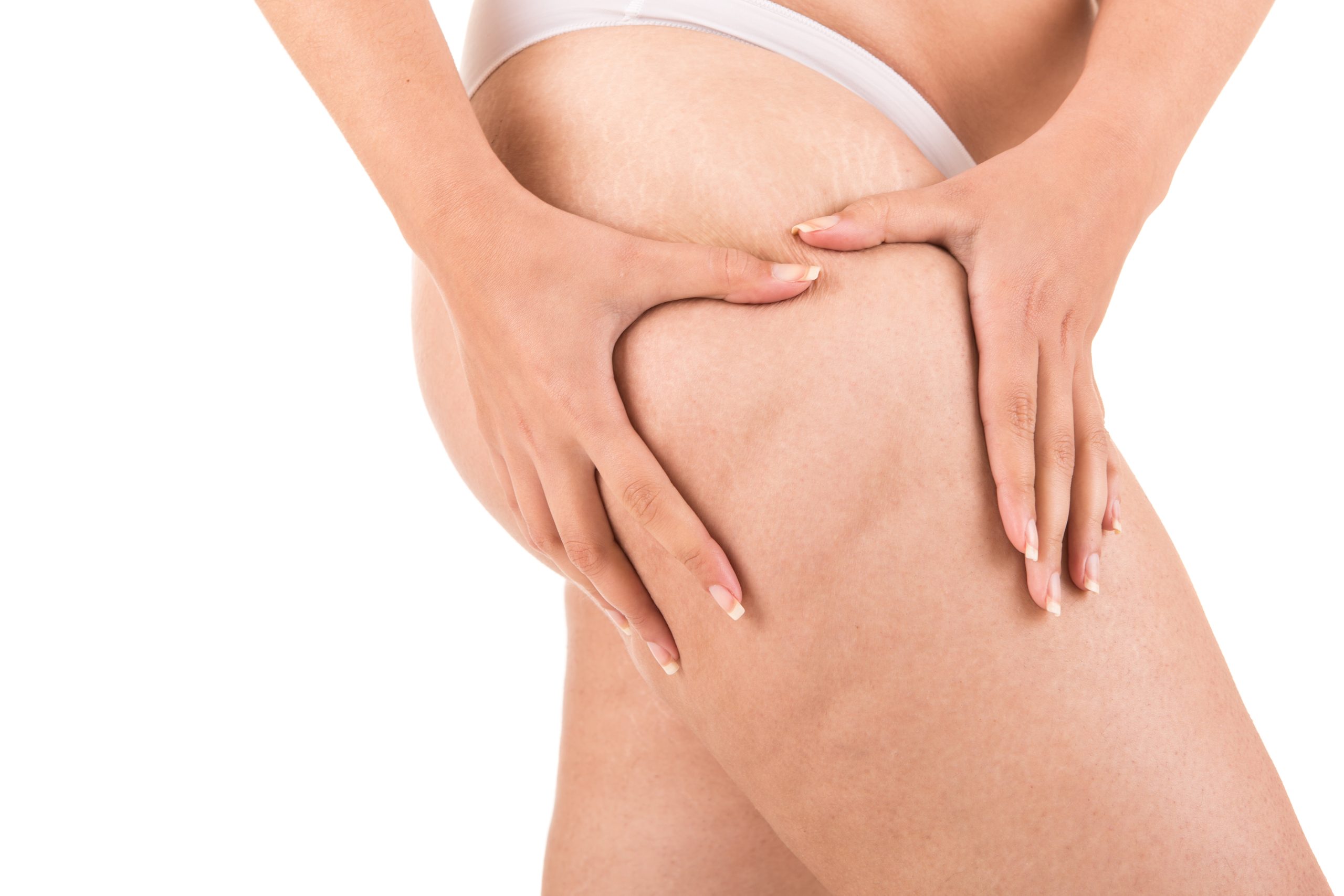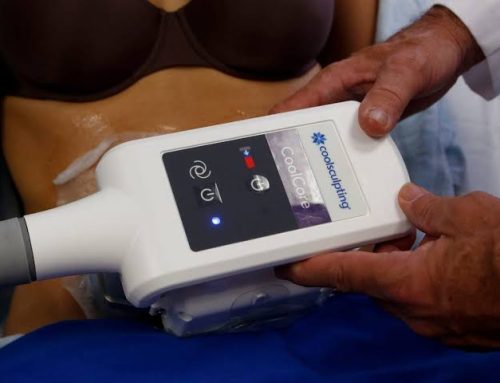Introduction
Lipedema is a condition that predominantly affects women, characterized by an abnormal accumulation of fat in the buttocks and legs. In advanced cases, it can lead to lymphedema, a condition marked by fluid retention and swelling. While liposuction is not a cure for these conditions, it can help alleviate their symptoms by reducing excess fat and limb volume. In this article, we’ll explore what lipedema is, what liposuction can achieve, the need for potential repeat procedures, post-operative expectations, and who makes an ideal candidate.
What is Lipedema?
Lipedema is a condition where patients experience disproportionate fat accumulation in their lower body, often creating discomfort, pain, and reduced mobility. In advanced stages of lipedema, the condition may lead to lymphedema, a disorder characterized by swelling caused by the inadequate drainage of lymph fluid.

Can Liposuction get rid of Lipedema?
Liposuction, though not a definitive cure, offers a way to manage the symptoms associated with lipedema and lymphedema. The procedure removes excess fat to reduce limb volume, alleviating discomfort and enhancing mobility. A specialized technique called tumescent liposuction, involving the injection of local anesthetic and a capillary constrictor, is commonly used to minimize postoperative discomfort and bruising.
Can everyone with Lipedema can have Liposuction?
The ideal candidate for liposuction to manage lipedema and lymphedema is someone who has been accurately diagnosed with these conditions. The decision to undergo liposuction should be made after a thorough assessment, including evaluating venous issues contributing to swelling. Patients should be committed to long-term postoperative care, including wearing compression garments.

How to recovery from Liposuction with Lipedema?
After the surgery, you’ll need to wear compression garments for an extended period. In the case of lipedema, expect to wear them for several months following the procedure. Initially, you can remove them when you bathe, but they should be worn throughout the day for several more months. However, if you have lymphedema and opt for liposuction, be prepared for lifelong compression to prevent swelling from coming back.

Can Lipedema fat come back after Liposuction?
Well, not exactly as you might expect. Fat cells don’t magically reappear in your body. You see, we all have a fixed number of fat cells, and liposuction trims them down. Once removed, they’re not coming back.
Conclusion
Liposuction can be a valuable tool in managing the symptoms of lipedema and lymphedema. While it doesn’t provide a permanent cure, it offers relief by reducing excess fat and limb volume. Patients should be aware of the potential need for repeat procedures and lifelong compression. If you’re considering liposuction for lipedema or lymphedema, consult with an experienced plastic surgeon who can assess your suitability and guide you through the process.
In conclusion, liposuction, when approached with a clear understanding of its limitations, can provide relief and improve the quality of life for those living with lipedema and lymphedema.
Disclaimer: The content on this blog is intended for general informational purposes only. It is not a substitute for professional medical advice, diagnosis, or treatment. Always consult qualified healthcare providers for personalized advice. Information regarding plastic surgery, dental treatment, hair transplant, and other medical procedures is educational and not a guarantee of results. We do not assume liability for actions taken based on blog content. Medical knowledge evolves; verify information and consult professionals. External links do not imply endorsement. By using this blog, you agree to these terms.










